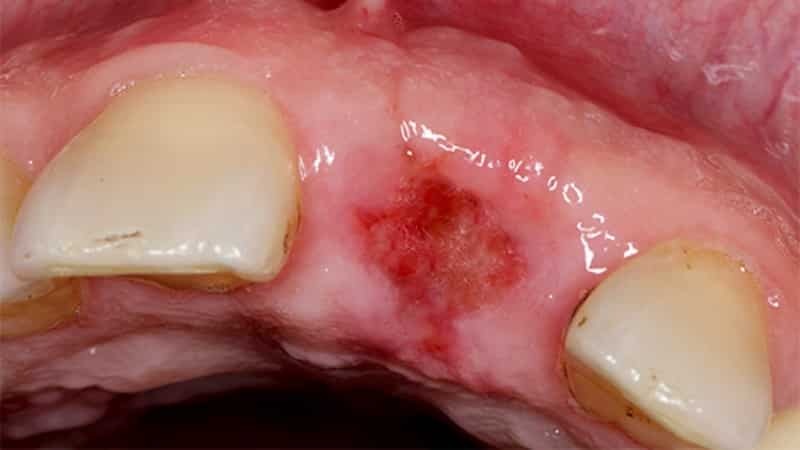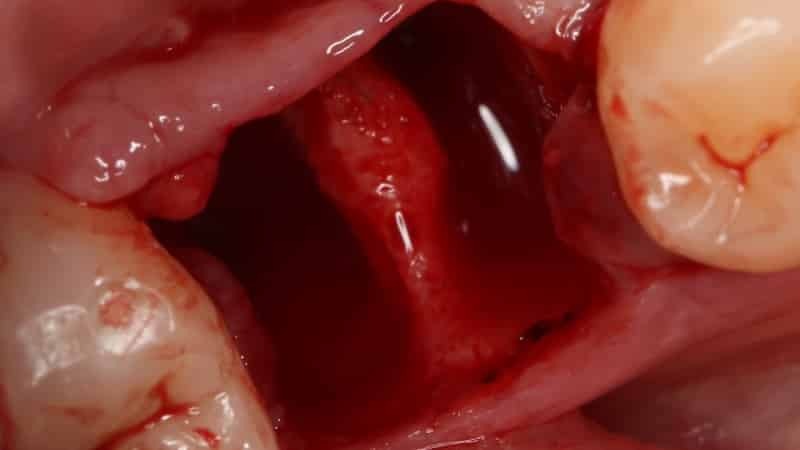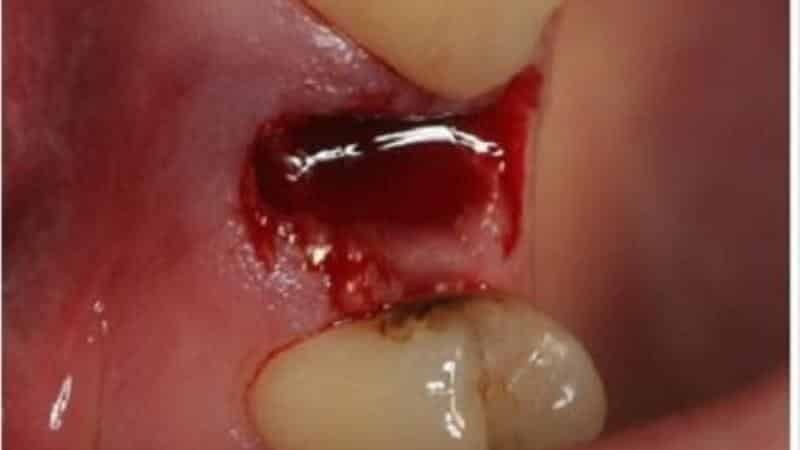Teeth of wisdom: to treat or need to be removed
Today every person who has had third molars, one way or another, attended with such a dentist's problem.It is with their late eruption that most of the problems commonly encountered by people during the appearance of these rudiments are related.Let's try to find out if needs to remove wisdom teeth or it is not necessary.
Assignment of the eight
Third molars today are a vestigial echo of the past, as they do not appear in all modern people.These teeth are meant for chewing solid food.Since today's realities do not require a person from such adaptations, about eighth of the planet's population is deprived of eights.So why do you need wisdom teeth?The wisdom teeth in their structure and functional purpose are no different from other molars
Given that, according to some scientists, the evolution process continues, accordingly, the size of the jaw becomes unnecessary and it can no longer contain these jaws. As for
"Extra" molars, in the future they predict a complete absence of them.However, this is just a hypothesis.Of course, a healthy eight, like other molars, fully performs all functions, but it is not an essential element of the chewing apparatus.Therefore, when a dilemma arises: wisdom teeth, treated or removed, most specialists and patients stop at the second option.Many today are inclined to leave the third molars only in the following situations:
- the tooth is perfectly healthy and grows correctly;
- molar can become a support member for a fixed prosthesis;
- Eight prevents the possibility of destruction of adjacent teeth;
- in case of problems with the seven and six.
As you can see, this list clearly determines why and why wisdom teeth are needed.Of course, the appearance of growing crooked or already spoiled eights is not uncommon, but if molars are healthy, it often makes no sense to get rid of them.
Possibility of treatment
It is not uncommon for sevens to either be removed or decay, a wisdom tooth may become a substitute for it.But, unfortunately, rudimentary molars can already appear spoiled.This is due to the peculiarities of their late eruption and insufficient width of the jaw.Many wonder if wisdom teeth are being treated.Of course, you can try.True, such a process will be very long and difficult even for experienced dentists.
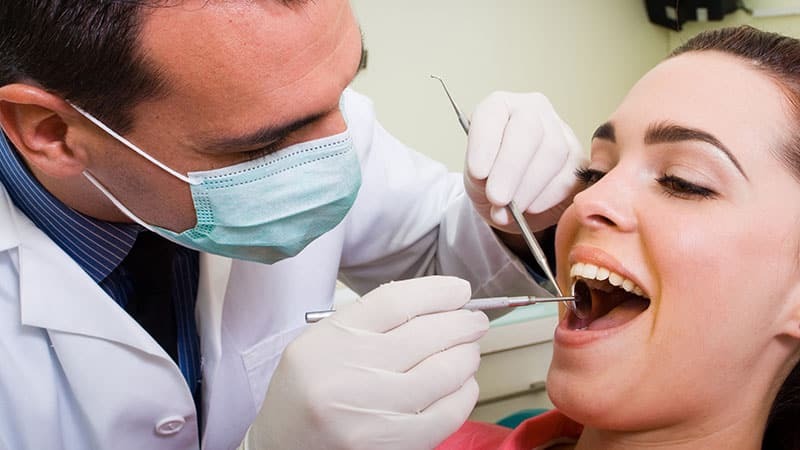
Sometimes the treatment of a damaged wisdom tooth makes it difficult to locate and curved channels and roots.
Possible complications of such a case are associated with the special structure of the molar and the complicated access of the doctor to it.When treating caries, as a rule, there are no special problems.However, the appearance of difficulties is not ruled out if the tooth pulp is damaged or periodontitis develops.For the treatment it is necessary to seal the channels of the molar, and in the figure eight they can strongly bend. If you do not clean them completely, the inflammation can go deeper and cause a cyst or fistula, for the removal of which you will need to conduct an operation. Do I need to remove wisdom teeth in this case? As you can see, the treatment of a wisdom tooth is fraught with possible difficulties and can often be inexpedient.
When experts recommend that you do a figure eight removal, but you still doubt you need to remove the wisdom tooth, listen to the advice of professionals.Remember, a doctor is unlikely to be interested in such manipulation, but if you are shown an operation, then the treatment will not bring a positive result.
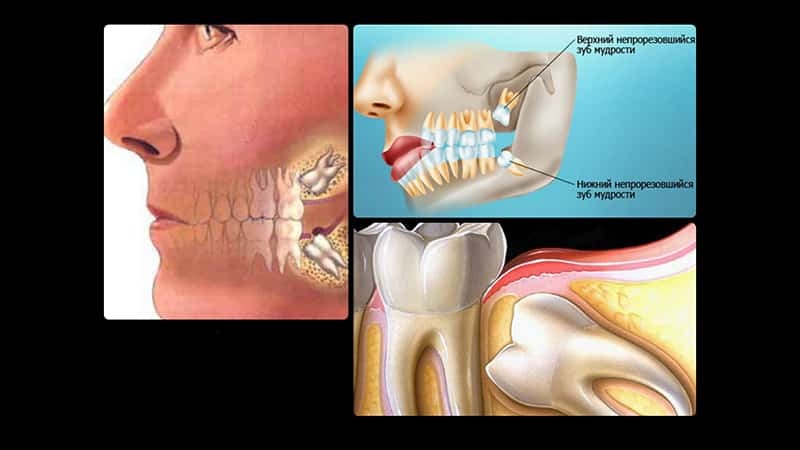
Sometimes retaining a wisdom tooth may be impractical
In itself, such a surgical intervention is unpleasant.To reduce the possible risks to zero, an experienced doctor will carefully study the patient's medical history.This will help to choose the best medicine for anesthesia and how to carry out traction as accurately as possible.Usually, before the procedure, you need to do an x-ray of the jaw.The picture will show the doctor the volume of the proposed work and help you choose the optimal way of carrying out the operation.
There is such a list of cases, when you need to remove the wisdom tooth:
- rininated molar;
- the number of rows;
- are undergoing inflammatory processes or the wisdom tooth has decayed completely;
- damage to neighboring molars.
All these factors determine the need for an operative intervention.Of course, most people are afraid of such operations, because they suggest that this procedure is too painful.It must be said that this is not so.Today it is possible to carry out traction, using a full anesthetic.

We hope that this moment has been cleared up for you.Let's try to analyze in more detail why the wisdom teeth are removed.
Basis for operation
So, to determine whether is worth treating a wisdom tooth, the first thing to do is contact the dentist.Only an experienced doctor can tell you exactly how expedient it is to leave or remove a molar.Of course, if it grows horizontally or at a large angle, perhaps the operation will be appropriate.After all, its alignment can cause the curvature of the entire dentition due to insufficient width of the jaw.
A rather controversial moment will be the phenomenon of pericoronitis or simply the formation of a hood on top of the third molar( wisdom tooth).To treat or remove it in such a situation should only be handled by a qualified specialist.In general, such a nuisance in any case will require surgical intervention.After all, the reasons for a radical solution lie in the fact that part of the gum covers the crown of the tooth with a dense but unsealed canopy.In this case, in the formed pocket there are fragments of food that can not be extracted independently.Of course, they will provoke the development of inflammation and destruction of the molar.
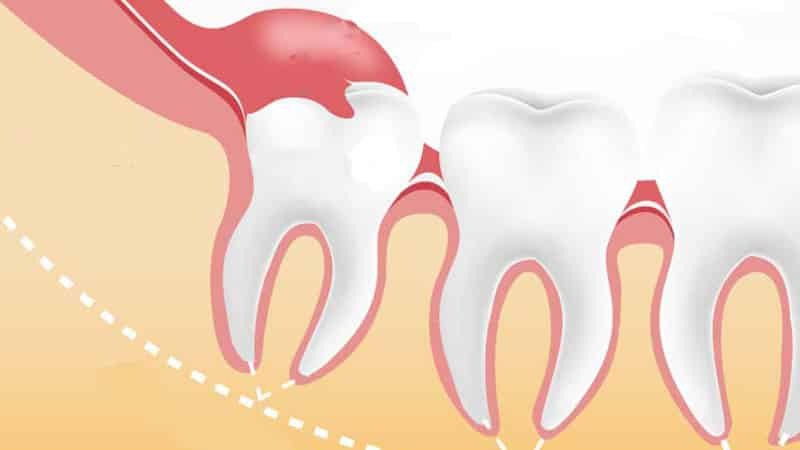
Pericoronite can become one of the indications for removing the figure eight
Typically, a similar situation is an indication for removal.Although there are always some exceptions.Sometimes the hood is dissected, releasing the crown of the figure-eight. Some ignorant philistines may ask, why not treat wisdom teeth.Here it is necessary to say that this is not a whim of the dentist, but the need to preserve the health of neighboring teeth and gums. As we have already said, the curvature and depth of the dental canals often simply makes the treatment impossible with .Since the question, , why we removed the wisdom teeth, we have cleared up a bit, try to figure out when it is better to leave them.
Assuming the right solution
Of course, the list of indications for leaving or curing the figure eight is not so extensive, but, nevertheless, includes the following items:
- treatment of the third molar will not be of particular difficulty;
- missing first and second molars;
- need to remove a neighboring healthy and correctly positioned figure-eight.
Of course, in such situations it is advisable to conduct a course of treatment.By the way, sometimes the patient's desire to leave or get rid of the rudiment plays an important role.Though, certainly, the doctor makes the decision, being guided first of all by medical indications.
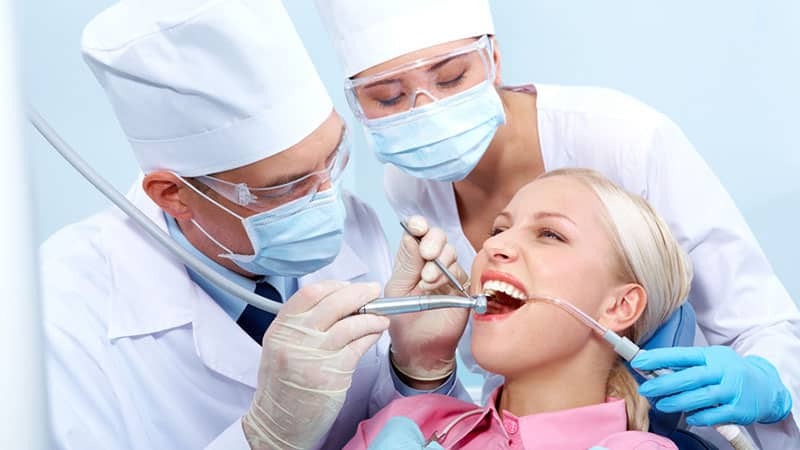
Only the specialist should decide, treat or remove the wisdom tooth
When you have a problem, wisdom teeth, delete or treat( photo), it is worth to listen to the opinion of a specialist.At the same time, it will be superfluous to remember that surgical intervention rarely passes without consequences.Sometimes you do not need a conventional removal, but an additional excision of the gums.This will cause seams and a relatively long process of rehabilitation.Even the typical manipulation of traction can threaten the deterioration of well-being and short-term loss of ability to work. "
Therefore, before rushing to get rid of the figure eight, listen to the opinion of the dentist and take a balanced and considered decision.Remember, from such seemingly insignificant manipulation, the health of other teeth and the oral cavity may depend.
Features and disclaimers for certain categories of citizens
Before starting treatment or recommending surgery, the physician will necessarily collect an anamnesis of the patient.It should be noted that there are restrictions on the implementation of these actions for the following population groups:
- people with diabetes;
- presence of cardiovascular diseases;
- exacerbation of chronic ailments;
- anemia;
- oncology;
- possible allergic reactions.
In addition to the listed list, special attention is given to pregnant women.Here it is necessary to say that treatment for them is feasible from the thirteenth to the twenty-fifth week, rare exceptions can only constitute special cases of acute pain.

Doctors recommend that pregnant women postpone the treatment or removal of wisdom teeth for the postpartum period.
The dentist should evaluate the feasibility of using local anesthesia and determine possible side effects for the fetus. By the way, the general anesthesia in this condition is absolutely contraindicated.If the situation suffers, an experienced surgeon will postpone the operation or treatment for the postpartum period.After all, the dilemma, , should and should it be removed wisdom teeth to pregnant women can become an irreparable mistake if one does not adequately assess the risk.
Dental advice
So, if you have a teething eruption, do not panic.It is necessary to observe the hygiene of the oral cavity and monitor the condition of the teeth and gums.If you feel a fever or notice signs of inflammation and bad breath, do not delay with a visit to a specialist.At the same time, homemade rinses are not counteracted by the infusion of chamomile or oak bark.Although, of course, serious problems should be diagnosed and corrected only by a doctor.
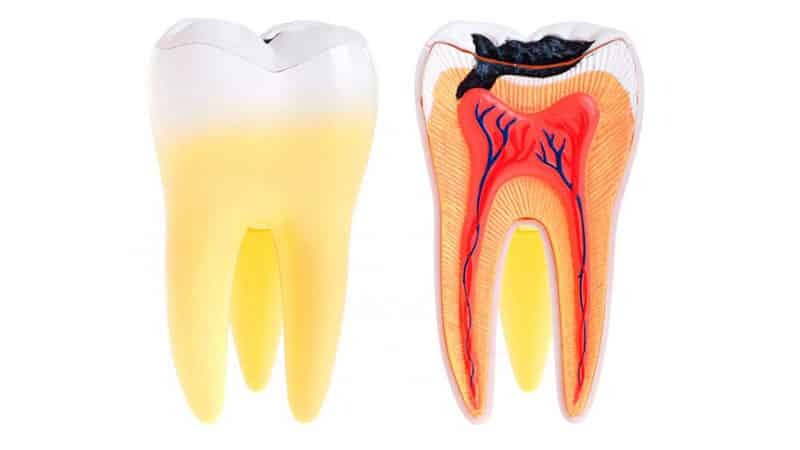
The launched pulpit of the wisdom tooth will become an indication for the removal of the eight
As you can see, today professionals can not answer unequivocally how expedient the removal or treatment of the third molars is.Each case requires a serious individual approach to make the right decision.

 The advisability of treating wisdom teeth depends on the huge number of factors of
The advisability of treating wisdom teeth depends on the huge number of factors of 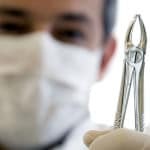 Unfortunately, in most cases the spoiled wisdom tooth will have to be removed
Unfortunately, in most cases the spoiled wisdom tooth will have to be removed  If the figure eight occupies the right position in the mouth and is not destroyed, it makes sense to try to cure it
If the figure eight occupies the right position in the mouth and is not destroyed, it makes sense to try to cure it 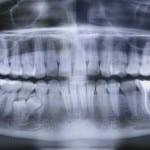 Before making the final decision, The doctor will necessarily study a snapshot of the x-ray of the jaw
Before making the final decision, The doctor will necessarily study a snapshot of the x-ray of the jaw 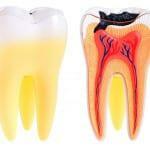 The launched pulpitis of the wisdom tooth will be an indication for the removal of the figure-eight
The launched pulpitis of the wisdom tooth will be an indication for the removal of the figure-eight  Doctors recommend pregnant patients to postpone treatment or removalThe wisdom postponement for the postpartum period
Doctors recommend pregnant patients to postpone treatment or removalThe wisdom postponement for the postpartum period  Only the specialist should decide whether to treat or remove the wisdom tooth
Only the specialist should decide whether to treat or remove the wisdom tooth 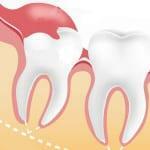 Pericoronit can become one of the indications for removing the figure of eight
Pericoronit can become one of the indications for removing the figure of eight 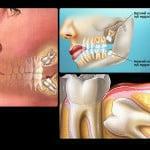 Sometimes the preservation of the wisdom tooth may be impractical
Sometimes the preservation of the wisdom tooth may be impractical 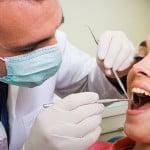 Sometimes the treatment of the spoiled wisdom tooth complicates its location and the curvature of the canals and roots
Sometimes the treatment of the spoiled wisdom tooth complicates its location and the curvature of the canals and roots  TeethWisdom in its structure and functional purpose are no different from other molars
TeethWisdom in its structure and functional purpose are no different from other molars 